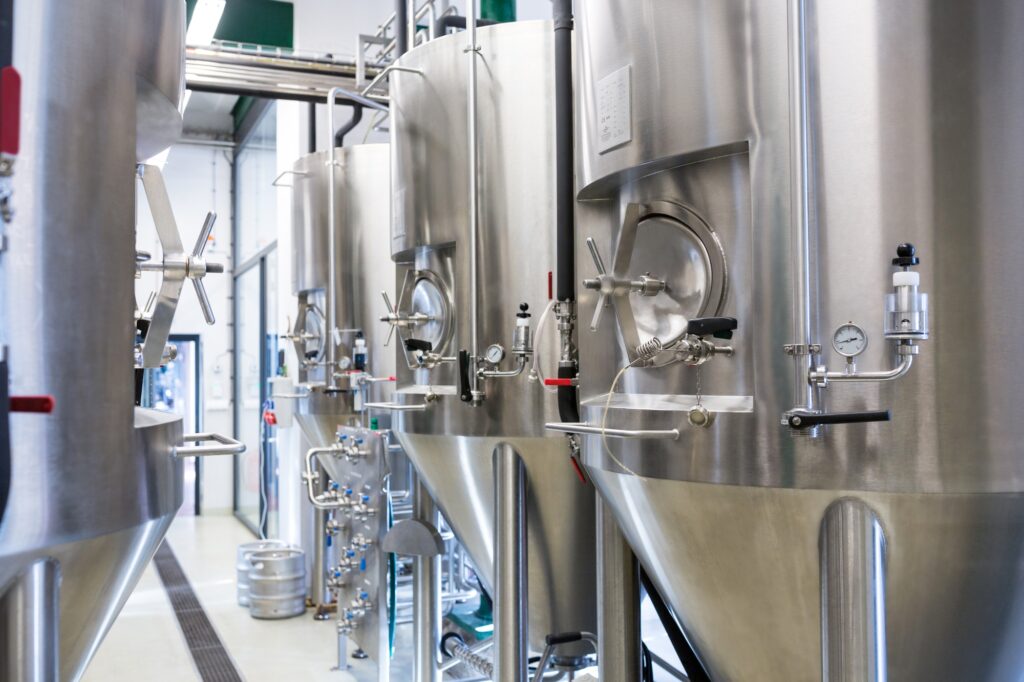By Prajanna Raj Adhikari
The liquor industry in Nepal has evolved significantly over the past few decades, but not without its share of challenges. From a regulatory standpoint, obtaining a liquor license in Nepal has been one of the most difficult barriers for entrepreneurs, distillers, and manufacturers. While many might consider this an obstacle, I believe it has ultimately benefited the industry by improving quality standards, increasing market responsibility, and ensuring that liquor production and sales are more controlled and sustainable.
The Challenges of Obtaining a Liquor License
Obtaining a liquor license in Nepal is no easy task. The stringent regulations set by the government make it a lengthy and cumbersome process. Licenses are granted under a very strict framework that requires applicants to meet a range of requirements, such as having a legitimate production facility, conforming to health and safety standards, and adhering to environmental regulations.
The authorities also impose high taxes on alcohol production and distribution, and the distribution channels are highly controlled. On top of that, there is a general societal stigma attached to alcohol consumption in Nepal, which further complicates the process for new players in the industry.
For anyone seeking to enter this market, these hurdles might seem daunting, and for good reason. The Nepalese government, in its efforts to regulate and control alcohol production, aims to curb illegal production, distribution, and consumption, as well as to ensure the safety and well-being of its citizens.
Why These Difficulties Have Benefited the Industry
Despite the obstacles, the difficulty in obtaining a liquor license has, in fact, worked in the industry’s favor. Let me explain why.
- Improved Quality Standards
The stringent requirements to obtain a liquor license have pushed producers to improve their quality control measures. Producers are required to meet specific guidelines on hygiene, ingredients, and manufacturing processes, ensuring that consumers are getting a quality product. For instance, distilleries have had to upgrade their facilities, invest in modern equipment, and comply with international standards to ensure the safety of their products.
- Promoting Responsible Consumption
With the government taking a strong stance on the licensing and regulation of the alcohol industry, it has been possible to foster more responsible drinking habits. Liquor licenses are not only about ensuring quality but also about keeping track of distribution. This has helped reduce the instances of illicit alcohol production, which has been a major cause of health problems in the country.
By regulating alcohol sales, the government is also able to impose restrictions, such as age limits, and ensure that alcohol isn’t sold in a way that promotes overconsumption. The strict regulations around alcohol consumption, such as prohibiting the sale of alcohol in certain areas and during specific times, have led to more responsible drinking behavior among the population.
- Supporting Local Producers and Entrepreneurs
The difficult licensing process has also provided an opportunity for Nepal’s local distilleries to thrive. With only licensed producers able to legally manufacture and sell alcohol, there’s a level of exclusivity that protects local businesses from illegal competition. This has allowed Nepali distilleries to grow and expand their presence both domestically and internationally, with products like local whiskey gaining popularity in markets like Australia.
For entrepreneurs, obtaining a license is a badge of honor and credibility. Once a distillery or liquor company gets the necessary approval, it instantly gains the trust of consumers. In a market where brands are emerging, this official approval signifies that the product meets certain standards of quality and safety.
- Economic Growth and Taxation
The tax revenue generated from alcohol production and sales is a crucial contributor to Nepal’s economy. With alcohol being highly regulated, the government can effectively collect taxes from the industry, which can then be reinvested into infrastructure, public health initiatives, and other development projects. The difficulty in obtaining a license ensures that the tax system is more robust, and the alcohol industry plays a significant role in the country’s economic development.
- The Rise of Craft Spirits and Innovation
The tough regulations have also spurred innovation within the industry. The licensing process demands creativity from distillers, who must find unique ways to meet the requirements while still standing out in a competitive market. Craft spirits, small-batch distilleries, and innovative flavor profiles are becoming increasingly popular in Nepal, as the local industry aims to cater to an expanding, more discerning market of consumers.
The Future of Nepal’s Liquor Industry
Despite the challenges, Nepal’s liquor industry is evolving in positive ways. The difficult licensing process ensures that only those who are truly committed to quality and responsible production can thrive. It has helped reduce illegal alcohol production, promoted responsible consumption, and created a more organized and profitable industry.
As more local distilleries gain the necessary licenses, the market will continue to grow, offering more choices for consumers and better opportunities for businesses. The rise of Nepali-made craft spirits and the international success of local brands shows that with the right framework, the liquor industry in Nepal has the potential for sustainable growth and global recognition.
The future of the liquor industry in Nepal is undoubtedly bright, with a strong foundation built on regulatory diligence, quality standards, and innovation. As an entrepreneur in the distillery space, I believe these challenges are not barriers but stepping stones that will help shape a healthier and more prosperous liquor market in Nepal.




